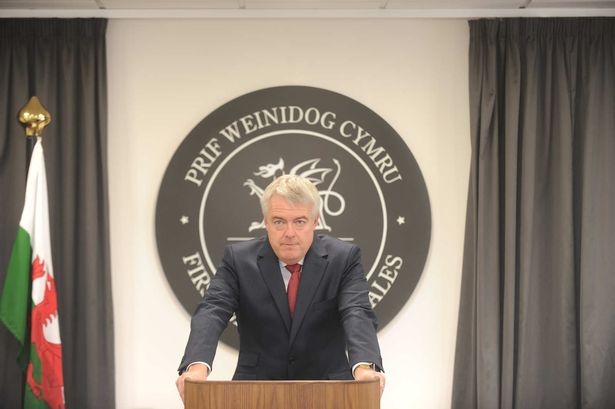
For more than fourteen centuries, the Welsh language has existed in a variety of forms and dialects, changing slowly over the years into the modern language spoken in Wales today. Far from dated and dying, Welsh is a vibrant and thriving language spoken daily across Wales and taught as standard in almost every school.
New legislation has been brought in by First Minister of Wales, Carwyn Jones, fully backed by the Sennedd, which will make communicating in the Welsh language a priority in both public and private sectors. It will involve an overhaul of essential government documents and signposts being converted into the Welsh language so that they are more accessible to the population of Welsh speakers. The scheme, which has nearly ninety new standards to be upheld, aims to bolster the presence of the language in public places and services, something that has been brought to the government’s attention for years.
There is no deliberate attempt to play down the English language with this legislation; it is understood that bilingualism is a positive feature of a society rather than a negative one. The new legislation will enforce some basic guidelines for public and private sectors, such as replying to an email in Welsh if it is received in Welsh. The small changes also allow anyone to speak and ask questions in their native Welsh during any public meetings held in the country, something that local people strongly support.
You can be sure that the Sennedd is serious about preserving and enhancing the language, with fines of up to £5000 imposed on any organisations that flout these new laws. Meri Huws is the commissioner in charge of all aspects of the Welsh language, and she has already made it clear that these changes are only the start of a much larger programme to be rolled out across Wales, ensuring that every vital point of contact for citizens, be it a leaflet or a GP, will be equally available in both languages.
Every council in Wales will be given until September 2015 to comply with the new laws, and they must begin to make preparations for the bilingual boost that has already come into effect. For most businesses and individuals, the changes are not going to affect them massively, but it is always sensible to know the language of your customer base.
The legislation has brought mixed comments, with Simon Thomas from the Plaid Cymru party declaring the law as a ‘right’, while Conservative politician, Suzy Davies, sees it as nothing more than a box ticking exercise. She suggests that for real change to take place in bilingual Wales, there needs to be dramatic changes made to the organisations themselves and how they use Welsh to do business. Whatever the outcome of the laws, it’s encouraging to know that the official defender of the historic language, First Minister Jones, is taking his responsibility seriously and making a dedicated effort to promote bilingualism, whatever the critics may say.

